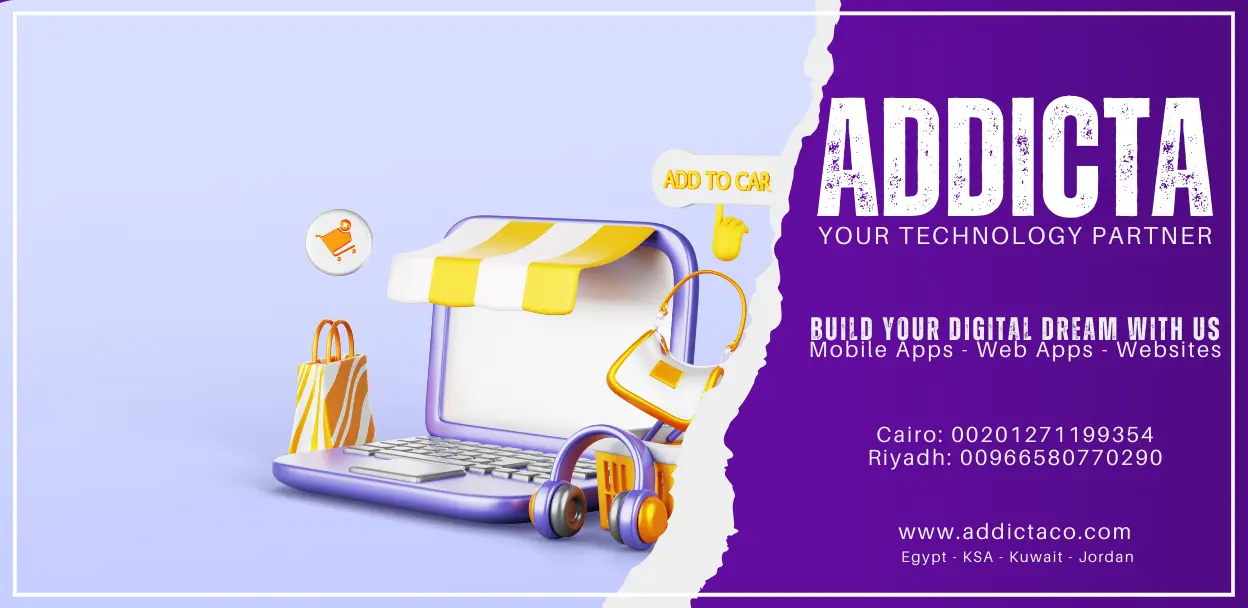The e-commerce industry is booming, and businesses are constantly looking for ways to stand out while minimizing operational challenges. One of the most effective strategies gaining traction is White Label E-Commerce. This model allows entrepreneurs and brands to sell products under their own name without handling manufacturing, inventory, or logistics.
In this blog post, we’ll explore the key benefits of White Label E-Commerce, how it can accelerate business growth, and why it’s an ideal solution for startups and established brands alike.
1. Faster Time to Market
One of the biggest advantages of White Label E-Commerce is the ability to launch quickly. Instead of spending months developing products, businesses can partner with suppliers who already have ready-made solutions. This means you can focus on branding, marketing, and sales rather than production delays.
For those looking for the Best Platform to build an E-Commerce Website, choosing a white-label-friendly solution can further speed up the process.
2. Lower Upfront Costs
Starting an e-commerce business from scratch requires significant investment in product development, manufacturing, and inventory. With White Label E-Commerce, you eliminate these costs since the supplier handles production. You only pay for the products once they’re sold, reducing financial risk.
3. Brand Customization & Control
A major perk of White Label E-Commerce is the ability to fully brand products as your own. From packaging to labeling, you can create a cohesive brand identity without the hassle of manufacturing. This helps build customer trust and loyalty.
4. Scalability Without the Hassle
Scaling a traditional e-commerce business can be challenging due to inventory management and supply chain issues. With White Label E-Commerce, suppliers handle stock and fulfillment, allowing you to scale effortlessly as demand grows.
5. Access to High-Quality Products
Reputable white-label suppliers often have well-tested, high-quality products. This means you can offer premium goods without investing in R&D or quality control. Partnering with reliable suppliers ensures customer satisfaction and reduces return rates.
6. Focus on Marketing & Customer Experience
Since production and logistics are outsourced, businesses can dedicate more resources to marketing, customer service, and retention strategies. A strong marketing approach can maximize the potential of your White Label E-Commerce store.
7. Reduced Operational Complexity
Managing inventory, shipping, and returns can be overwhelming. White Label E-Commerce simplifies operations by letting suppliers handle these tasks. This allows business owners to focus on growth rather than day-to-day logistics.
8. Flexibility to Test New Markets
Want to expand into a new niche? White Label E-Commerce makes it easy to test different product categories without committing to large inventory purchases. This flexibility helps businesses adapt to market trends quickly.
9. Competitive Pricing Advantage
Since white-label products are often produced in bulk, suppliers can offer competitive pricing. This allows you to maintain healthy profit margins while staying competitive in the market.
10. Enhanced Credibility & Trust
By offering professionally branded products, businesses can establish credibility faster than with generic dropshipping models. A well-branded White Label E-Commerce store builds trust and encourages repeat purchases.
To further boost customer trust, consider integrating a Personalized Shopping Experience for Your E-Commerce Store, which can increase engagement and conversions.
11. Builds Brand Trust & Customer Loyalty
Why Private Labeling Beats Dropshipping
- No generic AliExpress packaging.
- Consistent product quality = repeat buyers.
- Strong branding = higher perceived value.
Pro Tip: Enhance Trust with a Personalized Shopping Experience for Your E-Commerce Store
Use tools like Quiz Funnels, Loyalty Programs, and 1:1 Customer Support to stand out.
Conclusion
The White Label E-Commerce model offers numerous benefits, from cost savings to scalability and brand control. Whether you’re a startup or an established business, leveraging this approach can help you grow faster while minimizing risks.
By choosing the right suppliers and optimizing your store’s user experience, you can build a successful e-commerce brand without the traditional hurdles.

